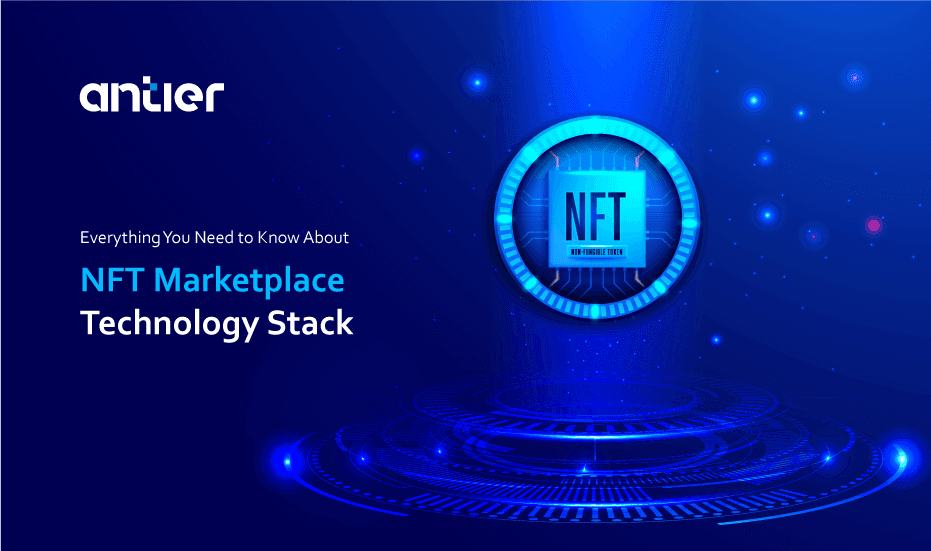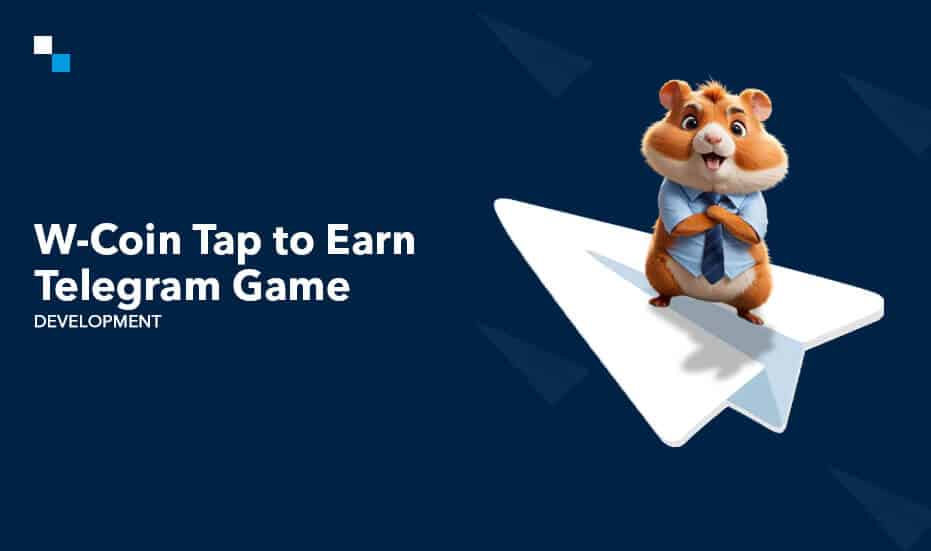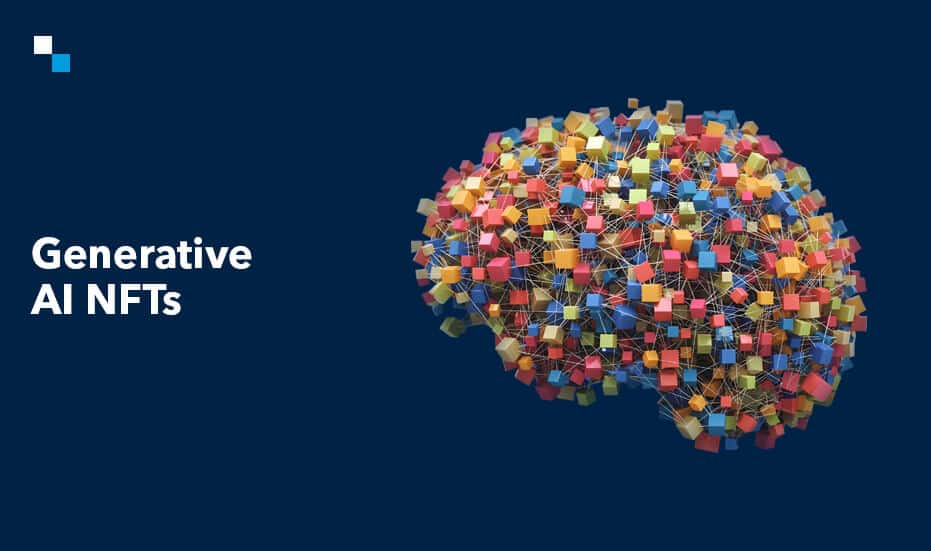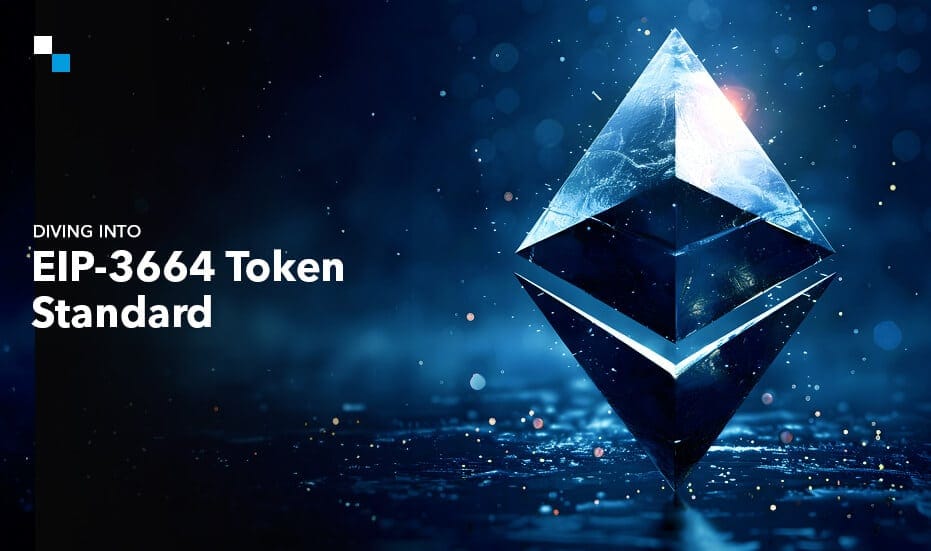
The Importance Of Whitepaper Development Services In Crypto Sphere
March 3, 2023
Revolutionizing Entrepreneurship: How White Label Crypto Exchange Software is a Shot in the Arm for Your Business
March 6, 2023The latest advancements and innovations in NFT or Non-Fungible Tokens are shaping the industry in 2023 and giving many reasons to go for NFT marketplace development. The way NFT marketplaces provide more ease to people to exchange unique products at a set price with complete ease, accurate and safe manner, there is no shadow of a doubt the NFT marketplaces have the potential to change the way of trading goods.
Building a safe and secure marketplace for traders is not as easy as one-two-three. It involves defining the product and its must-have features, creating a user flow, building an MVP, and at the same time, encountering several challenges that come along with blockchain technology. Apart from this, the developers use a full-fledged tech stack for an advanced and efficient NFT-based platform you should know.
We have already covered a complete guide to NFT marketplace development. This time, we want to stress more the tech stack used for the NFT marketplace website, and this blog covers the topic in depth.
Before we discuss the NFT marketplace tech stack, first go through the basics.

The Basics of NFT Marketplace
NFTs are blockchain and cryptocurrency-powered products that give an edge to the future of the internet, Web3. NFT marketplace is a type of web3 application that works in the same way as a traditional internet marketplace except that it specializes in NFT sales.
If we explain it concisely, the NFT marketplace is a blockchain-based digital platform that allows individuals to buy and sell NFTs. Anyone on this platform having a valid cryptocurrency wallet can buy and sell NFTs. Such marketplaces can be public, semi-private, or purely private.
NFT Marketplace Development: A Booming Success!!
The high level of data privacy and impressive trading functionality today encourage more investors or budding and established entrepreneurs to avail NFT marketplace development services and enjoy the perks associated with it. Well, these are not the only reasons behind its constantly increasing popularity.
According to a study, the global NFT market is expected to grow from $3.0 billion in 2022 to $13.6 billion by 2027, even after short-term fluctuations in the field. The stat is evident that there is no sign of this growth slowing down.
Today, several startups and even established companies are stepping into NFT marketplace development because of the skyrocketed prices of NFTs and their impressive trade volume. NFTs are undoubtedly taking over the world. Get ready to experience it!
Key Features of NFT Marketplace Development
One must be aware of the key features of the NFT marketplace services before establishing such a platform. A few we have listed below –
- Bid and Buy
- Proven Security
- Smooth Trading
- Impressive Dashboard
- Custom UI/UX
- Instant Information Access
- Trending collections
- Ownership Transfer
- Customer service
- Efficient listing
- Feature Request
- Search Filter
Tech Stack for NFT Marketplace Development
Ask the NFT marketplace company about the tech stack they use, as it can make or break your business. If you have no idea about the technology stack used for such marketplace creation, all your answers are here.
Frontend frameworks
- Next.js: Next.js is a server-side rendering framework for React that allows you to use React in any application.
- Bootstrap: Bootstrap is an open-source front-end framework that you can use for responsive, mobile-first project development on the web.
- React: React is a JavaScript library used to build highly-interactive UI or user interfaces for single-page applications (SPA).
Backend frameworks
- PHP: PHP is an open-source language that helps you code your interactive website or perform other necessary tasks, such as connecting to databases & APIs.
- Python: Python is an interpreted object-oriented programming language that supports multiple programming paradigms and holds excellent programming capabilities.
- Django: Django is a full-stack Python web framework that helps develop robust and feature-rich applications in no time. Thanks to object-relational mapping (ORM) and templating that makes application development easy and quick.
Blockchain
- Rust: Rust has memory management features that make it faster and more secure as compared to Solidity.
- Solidity: When it comes to writing smart contracts on Ethereum’s blockchain network, Solidity is used.
- Vyper: Vyper is an experimental Ethereum virtual machine 2.0 (EVM2) that holds a Python-like syntax designed for smart contracts.
Data Storage
- GraphQL: GraphQL is a query language that helps recover data from a graph database.
- PostgreSQL: PostgreSQL is an advanced object-relational database management system that supports SQL constructs.
- MongoDB: MongoDB is a renowned NoSQL database that is used to store all kinds of data, including large amounts of unstructured data.

The Cost of Creating an NFT Marketplace
The cost of NFT marketplace development services may differ. When this marketplace is built from scratch, the cost can go high as developers need to create it from the ground level, which will take a good amount of time. Another way of creating an NFT marketplace is using the white label software that helps develop a market-ready solution. It is a cost-effective method that saves time.
Avail NFT Marketplace Services of Antier Today!
The NFT market is growing rapidly. In order to beat this competition, every company desires to come up with a unique, strong solution and become the biggest player in the marketplace. Antier can help you on this journey. Our NFT marketplace company can help achieve your goals and win the market.



